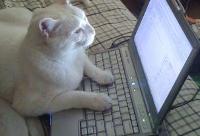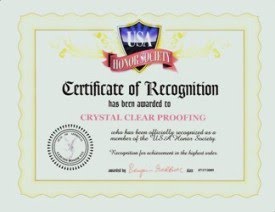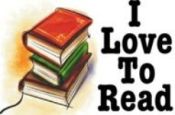Proofreading is the final stage of the "checking" process of written matieral, which involves copyediting and proofreading. There is a difference between the two, and there are different forms of each, e.g., editorial proofreading, line editing, substantive editing, etc. In many cases, the "line" between them is very fine. In this post, I'll be using the term "proofreading" to encompass the processes involved in that final "check".
Just a few key points to keep in mind when proofreading, are:
1) Use a second set of eyes
2) Read out loud
3) Slow down
Working with someone else is vital in ensuring that your finished work is the best it can be. It is twice as hard to detect errors in your own work than in someone else's! So having a second set of eyes not only helps in finding errors, but they may also see things you don't and be able to offer suggestions.
Reading out loud is beneficial in that, many times we HEAR a mistake rather than SEE it. Our minds are so accustomed to seeing what they want, that frequently even common mistakes are missed. I'm sure you've seen the email that makes its rounds a few times a year where a page is compiled completely of misspelled words, yet we're able to read it with no problem. Our brains know what we're SUPPOSED to see, not necessarily what is actually there.
Common areas where errors occur are in usage (a good example being accept and except), and trasposition of letters (where you may have typed from when you meant form). Another good example is using the same adjective two or more times in the same sentence. By slowing down, reading each word separately and taking your time, you're more likely to catch these common mistakes.
Good proofreaders see mistakes in spelling, punctuation and grammar as if they were highlighted on the page. Going beyond just the basics, they know and can HEAR what is right; and they serve very well as that second set of eyes.
Wednesday, July 22, 2009
Subscribe to:
Post Comments (Atom)

































































Great tips! Yes, reading out loud is esential, especially for dialogue. And never rely on SpellCheck - that sucker misses so much!
ReplyDeleteL. Diane Wolfe
www.circleoffriendsbooks.blogspot.com
www.spunkonastick.net
www.thecircleoffriends.net
Good tips!
ReplyDeleteSometimes I think I could use a dozen extra eyes.
I picked up the practice of reading my ms out loud some time ago and found it quite enlightening. I was writing in these looooooong sentences. I would be out of breath trying to get to the end of my sentences! Really opened my eyes to writing more like someone would talk, telling a story.
ReplyDeleteGood post!
Marvin D Wilson